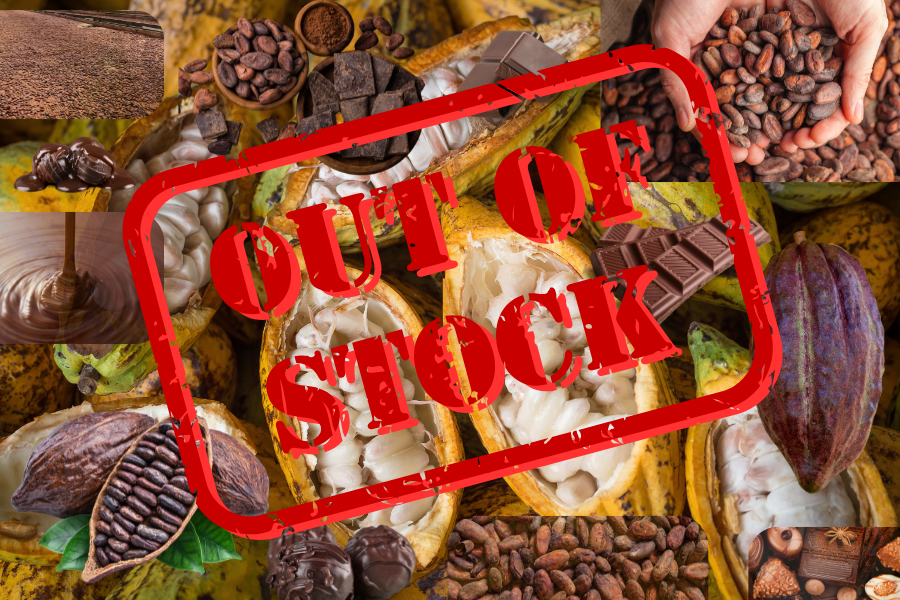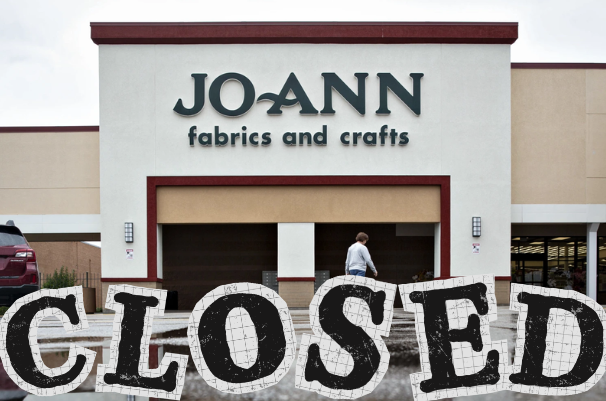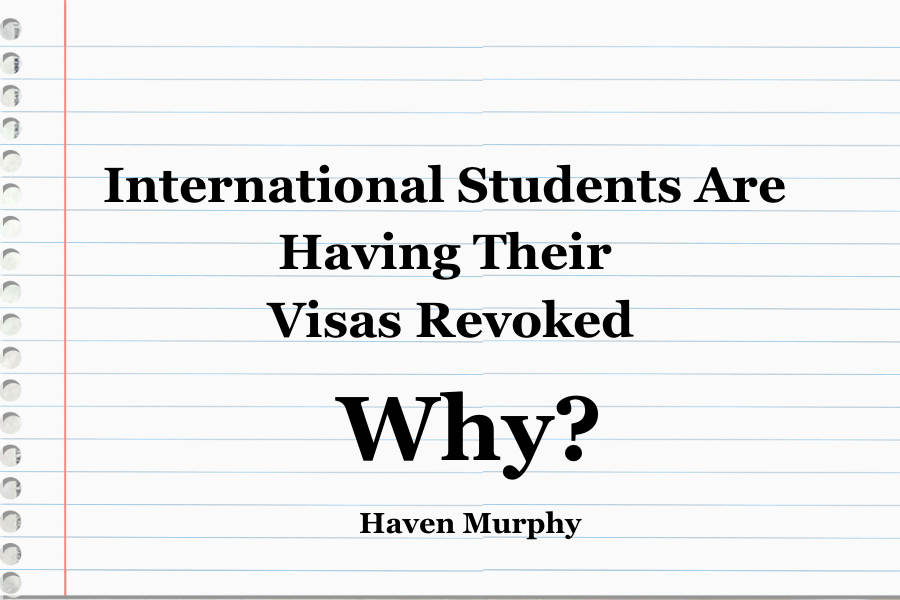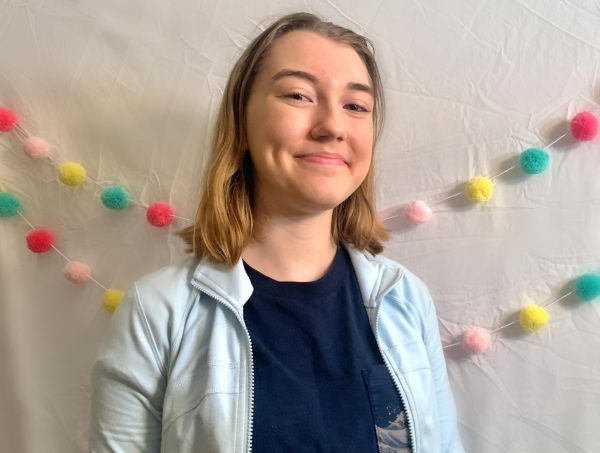In the North African country of Morocco, relief efforts are currently underway following a magnitude 6.8 earthquake which occurred on September 8. The effects of the earthquake have been devastating, destroying portions of the historic medina district of Marrakesh, razing smaller settlements like the town of Tafeghaghte, and severely impacting the region of El Haouz (Britannica). The current total death count rests just shy of 3,000, at about 2,901, and the number of injured is 5,530, according to Reuters.
The earthquake has a particular personal significance to me. I spent this last summer on a study abroad program in the city of Marrakesh, Morocco, about 70 kilometers (43.5 miles) from the epicenter of the earthquake in the nearby Atlas mountains (Red Cross). I lived with a host family and took Arabic language classes for six weeks, and I got to know and love many Moroccan people during my time there. I spoke with my host sister, 18-year-old Aya Talha, about the earthquake.
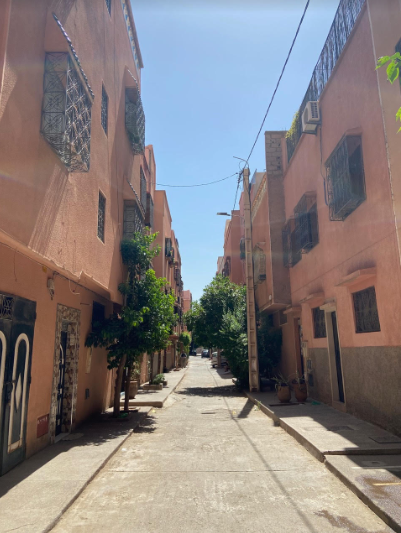
Morel: What was your personal experience of the earthquake?
Talha: It was a scary experience since I’ve never knew [sic] what an earthquake is. It happened in other cities in Morocco like Agadir and Housaima… but never in Marrakesh. When the earthquake came my mother thought, ‘it’s a military plane.’ But personally when I saw the TV moving I realized – that’s an earthquake. I stayed in my place, I couldn’t escape. My mom was near to the door, she could [have] escaped without us but she came back to take us with her as she say [sic] ‘I was thinking, why would I live if my son and daughter die?’ In my room, I was just waiting to die. I said, it’s my last breath. Especially when I heard some glass shatter.
M: How long did it last?
T: It was only 20 seconds. But it was very long for us.
M: What happened after those 20 seconds?
T: When we went out, we found everyone. The kids [were] crying. Our neighbor got [sic] a panic attack. Another one couldn’t breathe when she saw her father scared and she remembered the day her mother passed away. She thought, ‘he will pass away.’ In that moment everyone was holding their phones, calling their family or their friends.
M: Was your family all together?
T: No, I was calling my sister (she’s in Canada for her university studies) so she was also afraid. My dad wasn’t with us in the house and as he said when the earthquake came he felt dizzy and he was driving.
M: Oh wow, he was driving during the earthquake?
T: Yes. He was driving; suddenly he heard a strange voice. That voice stay [sic] in every Moroccan’s mind. So he felt dizzy and he had a headache.
M: He heard a voice?
T: A voice, not a… like, um… it’s a noisy voice, actually. Uh, we were sitting, and we suddenly heard ttttt! Like this. And everything was starting [to move]. I still have that voice in my mind.
M: Ah, interesting. Has your home or your neighborhood been particularly affected by the earthquake?
T: In the area we live in, no. But in the medina, the old houses…
M: Yes, in the pictures, it looks devastating. How do you feel the relief programs have been? Has there been a helpful, effective, and rapid response to help the city recover?
T: Absolutely, the king and the government worked hard to help people in the area affected. Also we would never forget the Moroccan people. There are videos of Moroccans buying food and sending them to people. People from their own money bought milk, oil, sugar, tea, clothes, tents, everything the affected people would need. Moroccan people show an amazing picture of solidarity.
M: How have you personally been recovering? Do you still feel affected?
T: Personally, until now, I’m still afraid. If I hear any voice or a car passing, not only me but a lot of people, I feel like my bed is moving.
M: I completely understand that feeling. It must have been so intense, it makes sense that you would still be shaken up by it.
T: By the way we still have some rebounds – I don’t know if this is the word – from time to time.
M: Ah, yes, aftershocks.
T: Yeah, right.
M: What would you tell an American audience they can do to help out?
T: If you know someone coming to Morocco try to encourage them because after the earthquake, people canceled their vacations in Marrakesh. And Marrakesh’s economy is based on tourism. A cousin of mine was in the airport while the earthquake [happened]. She told me that people, when they heard the earthquake, they canceled taking the plane. I’m totally understanding that they are afraid. But Marrakesh or any other place is safe and there’s not a lot of damage.
M: There is not a lot of damage in Marrakesh?
T: The main damage is in the villages where the house [sic] are old buildings.
M: How has recovery been for your community?
T: We are so sad for the lost. More than 3000 people passed away. It’s the back to school and all the kids aren’t motivated, as they should be. And the vibe in schools is very dry and there’s no excitement. You know in September everyone is excited and try [sic] to put plans for the year. But it’s totally the opposite now.
M: I can imagine.
If you would like to donate to support the Moroccan cause and aid in providing relief to those who have been affected the most by the earthquake, you can donate to any of the following sources:
World Central Kitchen works to provide fresh, hot meals and working with local cooking organizations to those in need around the world.
GlobalGiving has been touted by such reliable sources as NPR, The Washington Post, The New York Times, and ABC. The organization has responded to other earthquakes, such as the February one in Turkey and Syria, and in Nepal and Mexico.
The Red Cross’s local Moroccan Red Crescent teams have been aiding in evacuation, search-and-rescue, transportation, and other efforts. They are focused on responding to immediate needs, but they are also working to plan future support for the evolving situation.
Sources:
https://www.britannica.com/event/Morocco-earthquake-of-2023
https://earthobservatory.nasa.gov/images/151847/devastation-in-morocco



